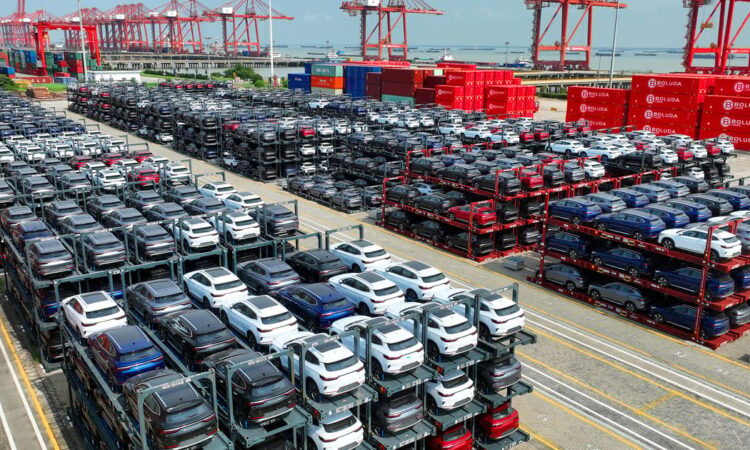
“First off, the FSR targets only individual companies. After one company withdraws, another might just compete in the next tender. Trade defense catches a whole sector,” said Ruessmann, who is a partner at Ruessmann, Beck & Co. “Secondly, the Commission is now not able to apply any remedies and test if this new regulation holds up.”
One initial concern was that the Commission’s competition department was too short-staffed to pursue investigations proactively — but its strike rate following recent hiring indicates that staffing is now less of a constraint.
Does that mean the rest of these probes will be less relevant?
Definitely not, since they are designed to tackle different symptoms of the same problem: any foreign attempts to get rich unfairly off the EU’s huge single market.
On top of that, “the EV probe” — as people in Brussels call it for short — breaks new ground in several ways. Firstly, it targets a finished consumer product rather than the less-visible industrial inputs that these measures are usually applied to. Secondly, Germany (against) and France (in favor) don’t see eye-to-eye on this topic, making it highly political.
Additionally, the FSR can’t address imports or production outside of the EU. It doesn’t offer the option to slap duties on a product, unlike trade defense. Its main deterrent is shining a light on the subsidies a company receives, while actual remedies — such as repaying those subsidies or other “commitments” — would be less forceful.
And there’s more?
So glad you asked! The Commission can also investigate dumping, which is the practice of exporting products more cheaply than they would cost in your own market — often even below the cost of production — just to grab market share. The EU starts anti-dumping cases on a regular basis.






